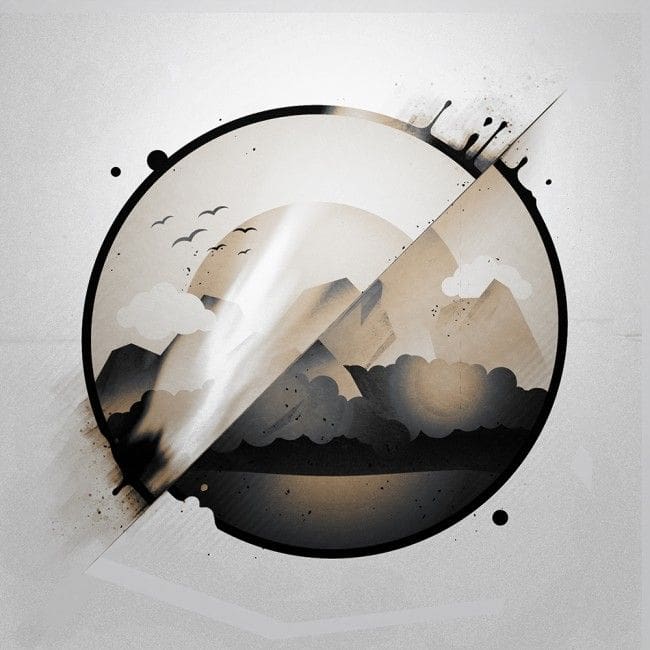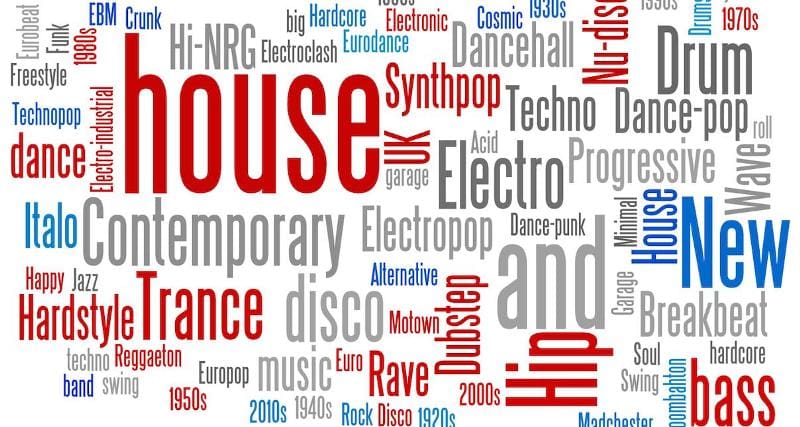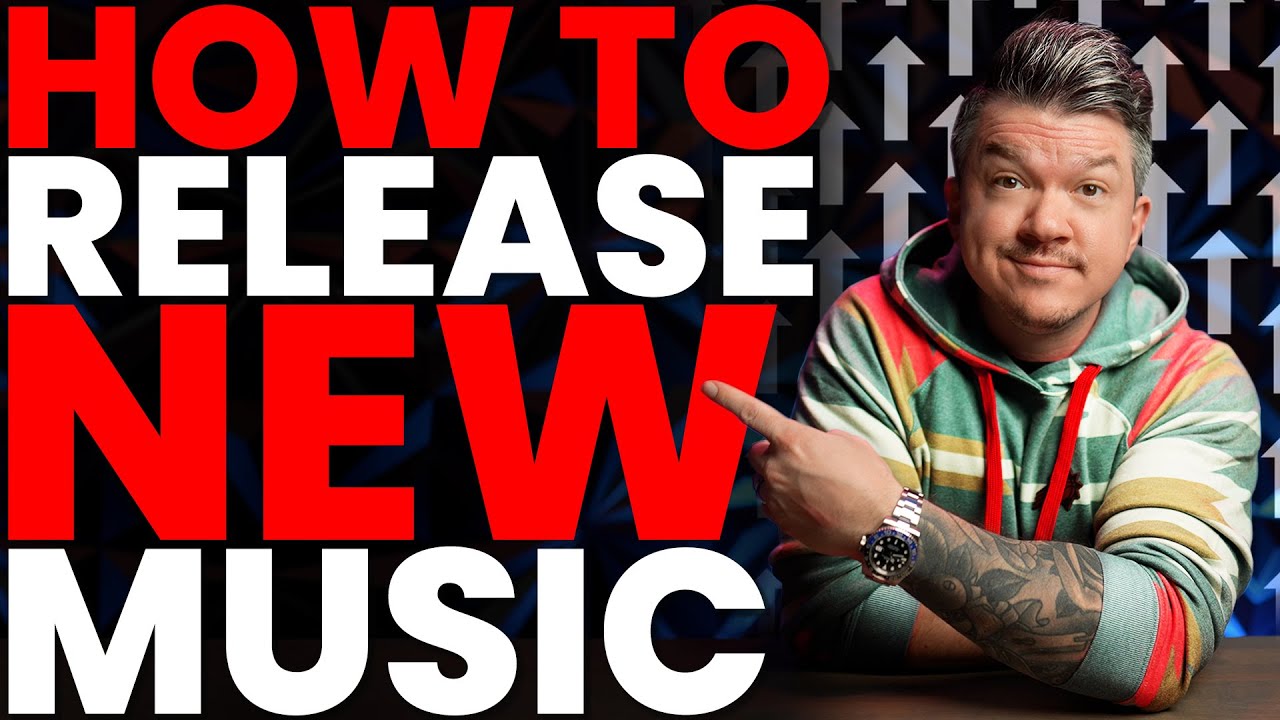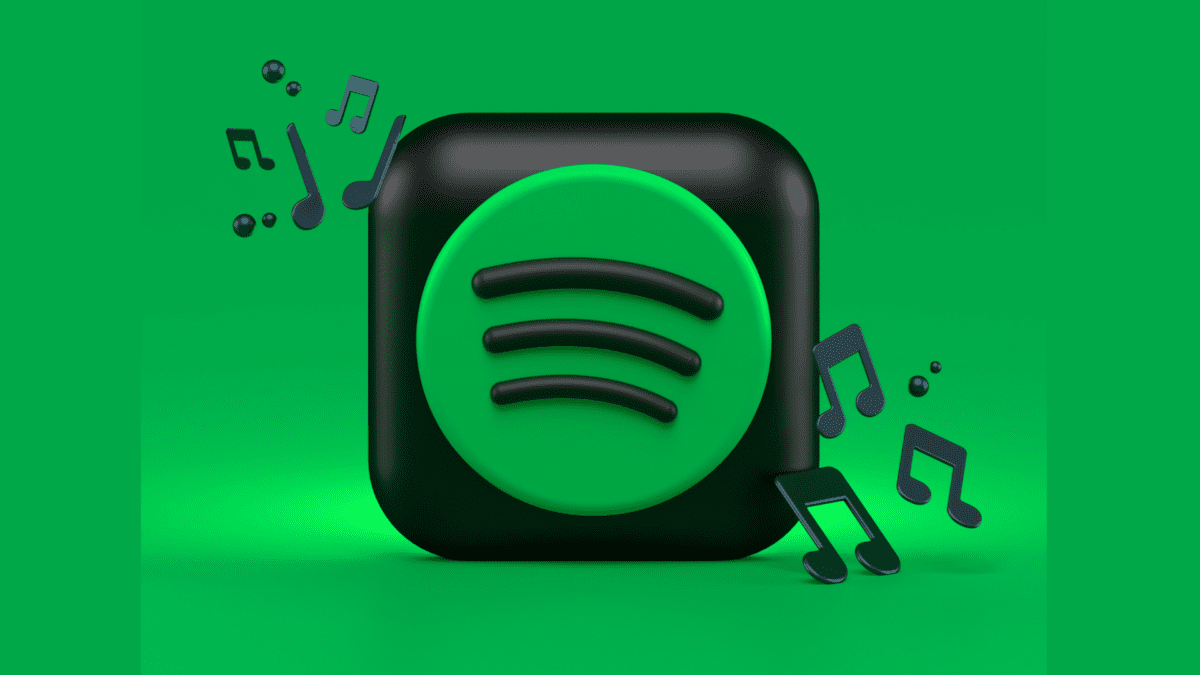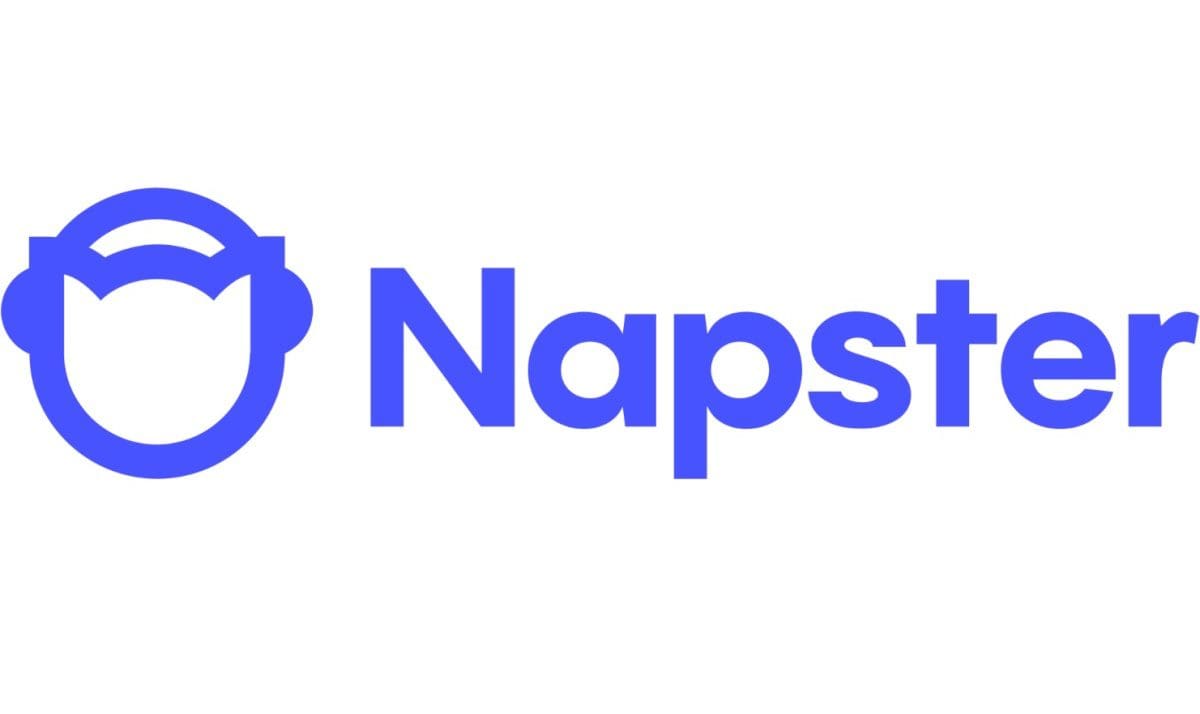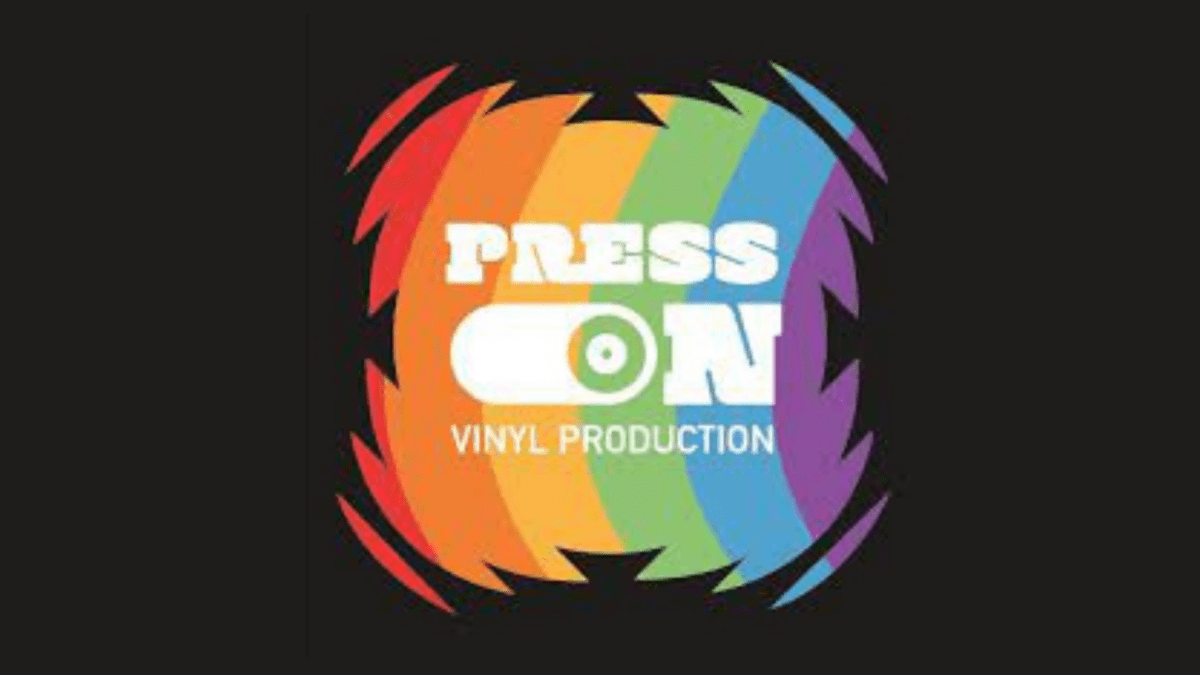Your first album or single is a big deal and it should be a happy moment. You’ve nurtured this creative baby through your blood, sweat and tears along the artistic road of writing, rehearsing and recording. We are here to guide you through the best way to release an album.
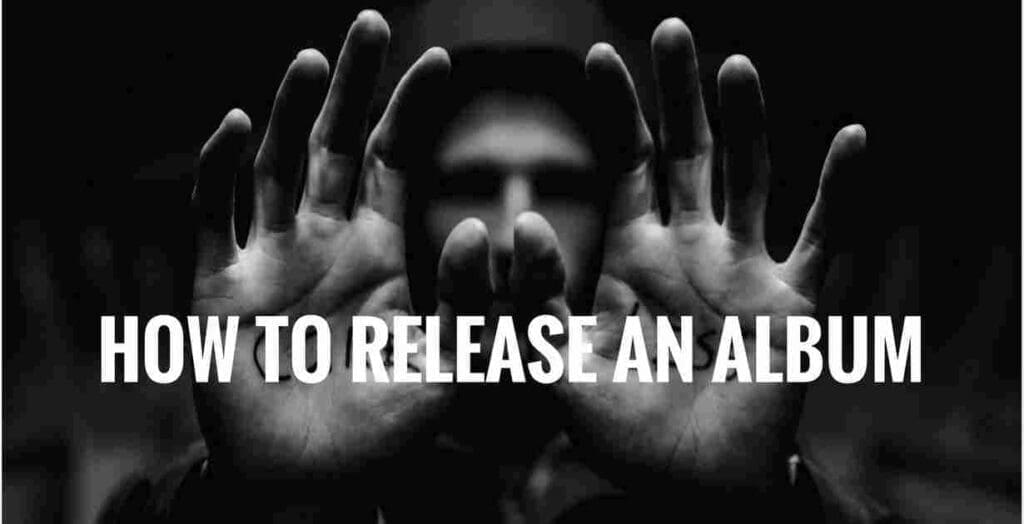
Before you release you need to consider your desired format. Will it be a CD or vinyl, or will you choose digital release/distribution?
Try not to get over-excited about announcing your releases over social networking sites until you’ve put a timeline together for manufacturing. We all know it’s important to get information out there for your fans to create a buzz for your release.
The list might not answer all your questions. But, it will serve as a good starting point when planning how to release an album.

Not so fast – We can help!
Do you need help accelerating your career?
Grow your earnings and audience with Artist Development
Learn moreHow to Release an Album - Album Art Design
Album art design is very important as it is an integral part of the overall visual identity of an album. It plays an important role in helping to create a memorable and recognizable brand for the artist, as well as helping to draw attention to the album and its music. Album art design can also help to create an emotional connection with the listener, as well as help to differentiate the album from other releases.
Before investing in your album art design, it's important to understand who your target audience is. Who are the people who will be most likely to purchase your album? What kind of music do they listen to? What kind of visuals do they respond to? Understanding your target audience will help you make informed decisions about the design of your album art.
When considering digital album art, you need to consider the size and resolution of the artwork, the format of the artwork and the availability of digital platforms to host the artwork. Additionally, you should consider the cost of hiring a professional graphic designer or photographer to create the artwork and the cost of licensing any artwork or images used in the artwork. Finally, you should consider any legal or copyright implications associated with the artwork.
The recommended format for album art for online use is JPEG. JPEG is a lossy compression format, meaning that some of the image data are lost when the image is compressed. This makes JPEG images smaller in file size, which is ideal for online use. JPEG images also have excellent colour accuracy, making them suitable for album art. Additionally, in terms of size cover art, the smallest your image can be is 3000 x 3000 pixels.
How To Release an Album - Commit To Your Track Titles
Committing to your track titles is important because it helps to ensure that the album is consistent and cohesive. It also helps to create a sense of anticipation and excitement for the album's release. Choose titles that accurately reflect the content of the songs.
Additionally, committing to your track titles provides a sense of ownership and control over the final product. This can be especially important for independent artists who are releasing their own albums.
Finally, committing to your track titles gives the artist a chance to reflect on their creative process and the overall flow of the album.
Committing To Your Album Title
When formatting an album title, it is important to consider the context of the album, as well as the tone and message that you want to convey. You should also think about the length of the title, and the impact that the title will have on potential listeners.
Additionally, you may need to consider any potential copyright or trademark issues that may arise from your chosen title.
Spotify & Album Title Formatting
Title formatting of an album on Spotify matters because it affects how easily users can identify and find the album. If the title is not formatted correctly, users may have difficulty finding the album, which could lead to fewer streams and less success for the artist. Additionally, if the title is formatted incorrectly, it could lead to confusion and misinterpretation of the album's content. Proper title formatting will help ensure that users can quickly and easily find and understand the album, leading to increased success for the artist.
Include All Your Collaborators
It is very important to include all collaborators when releasing an album. This ensures that everyone involved in the project receives the recognition they deserve and is also a sign of respect for their hard work.
Additionally, it is important to include any songwriters or producers who contributed to the album, as they may be entitled to royalties or other compensation.
When releasing an album, featured artists can be used to add extra star power to the project and to bring in new audiences. Collaborations with other artists can also be used to create a unique sound and to add new elements to the album. Popular featured artists for albums include singers, rappers, and producers.
Find Your Perfect Genres and Subgenres
The best way to find genres and subgenres when releasing an album is to do research. Start by looking at other albums in the same genre or similar genres, and see what genres and subgenres they are labelled as. This can help you identify the genre and subgenre you should use for your album.
The first step to finding genres and subgenres when releasing an album in terms of digital music stores is to research popular genres and subgenres. It is important to understand what types of music are popular in the current music landscape, as this will help you decide which genres and subgenres to focus on when releasing your album.
Additionally, researching popular genres and subgenres will give you an idea of what types of sounds and styles are popular in the current music landscape.
Are Your ISRCs Sorted?
When releasing an album, it is important to remember to obtain an ISRC (International Standard Recording Code) for each track on the album. The ISRC is an internationally recognized identifier for sound recordings and music video recordings and is used to uniquely identify the work. It should be obtained from the national ISRC agency in the country where the recording was made.
Additionally, it is important to ensure that the ISRC is correctly embedded into the master recording in order to ensure that the album is correctly identified in digital stores and streaming services.
If you need to find your ISRC Code easily - use the Music Gateway ISRC Finder Tool.
Are You Releasing An Album, Not An EP Or Single?
Yes, I realise that it sounds obvious, but there are differences between all three types of releases.
When releasing music, it is important to differentiate between an album, an EP, and a single because each type of release has its own unique purpose and associated marketing strategies. An album is typically a full-length release that contains a collection of songs. An EP is a shorter release that typically contains fewer songs than an album. A single is a one-off release, usually containing one song. Each type of release requires a different marketing strategy, so it is important to understand the differences between them in order to maximize the success of the release.
Remember, it is all about consistency when you release the album.
Geographical Distribution Of Your Album
The countries in which an album can be distributed will depend on the distribution deal that the artist or label has in place.
Many major labels have global distribution deals that cover most major countries. However, smaller labels and independent artists may only have distribution in certain countries or regions.
If you don't want your music to be heard in a certain country, you can use digital rights management (DRM) software to block access to your music in that country. You can also choose to not release your music in that country or to not license it for use in that country.
Is Your Release Legal?
The legality of releasing an album will depend on a variety of factors, including the type of music, the artist's copyright protection, and the applicable laws in the artist's country or jurisdiction. It is important to research the applicable laws and regulations before releasing an album to ensure that the release is legal and compliant with the applicable laws.
It is essential to ensure that all necessary copyright permissions and licenses are obtained before releasing the album.
The MCPS and PRS can advise on the appropriate licenses at: http://www.prsformusic.com/joinus/Pages/joinus.asp
Sampling Legality & Release Of An Album
The legality of sampling depends on the type of sample used. If the sample is taken from a copyrighted work, then the use of the sample must be authorized by the copyright holder. If the sample is taken from a public domain work, then it is generally considered legal. However, it is always best to consult with a lawyer to determine the legality of any particular sample.
Do You Have The Right File Formats?
It is important to have the right file formats when releasing an album. The most common formats are MP3, WAV, and AIFF, although other formats such as FLAC, OGG, and AAC are also popular. It is important to use the right format for the type of release (digital, physical, streaming, etc.) to ensure compatibility with the widest range of devices and services.
Waterfall Album Releases
Waterfall album releases are a type of album release strategy in which a full album is released all at once, rather than releasing individual singles over a period of time. This approach allows the artist to present a complete body of work and allows fans to experience the album in its entirety.
Waterfall album releases are becoming increasingly popular among artists, particularly in the digital age, as they provide a more impactful listening experience for fans.
The main benefit of a waterfall album release is that it allows an artist to gradually build anticipation and excitement leading up to the full album release. By releasing singles or other content in the weeks and months prior to the full album release, an artist can create a steady stream of buzz and anticipation that can help to generate more interest and engagement with their music.
Additionally, this approach can help to build relationships with fans by giving them something to look forward to and providing them with regular updates on the progress of the album.
Finally, releasing content in this way can also help to generate more revenue for the artist, as they can capitalize on the early buzz and interest in the lead-up to the full album release.
How to Release an Album - Final Checks
Check with the manufacturer in terms of releasing the physical album to find out what format they prefer when supplying your audio. Some plants may charge extra for different formats.
If your album is for retail, ensure you get the appropriate barcode, EAN for Europe and UPC for Worldwide distribution.
In terms of digital distribution, you can always reach out to a music industry marketplace like Music Gateway to help you in this process. We will be with you every step of the way.
Now you’re ready to go and create the buzz for your album!
Closing Thoughts
So there you have it! You are now going to be a pro at releasing an album and you will knock everybody's socks off with your music. Remember you spent a long time getting the sound right, so make sure that it is released right too. You want people to love it, so be meticulous in every step of the process. It will be worth your time and effort we promise.

